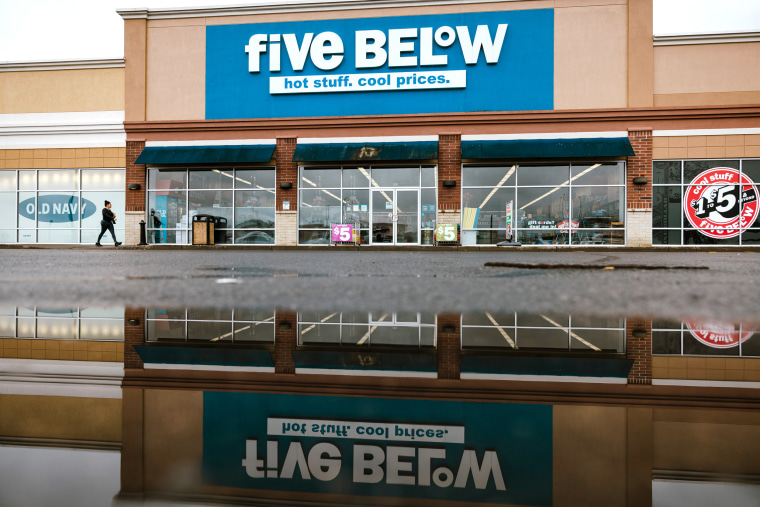Major Retailers Are Backtracking on Self-Checkout
A recent trend among major retailers has been the implementation of self-checkout kiosks in an effort to streamline the shopping experience and reduce labor costs. However, a surprising shift is occurring in the retail industry as several big-name companies are now backtracking on the use of self-checkout machines.
One of the primary reasons for this reversal is the rise of customer dissatisfaction with self-checkout systems. Despite initial promises of increased convenience and speed, many shoppers have found the machines to be frustrating and time-consuming to use. Issues such as technical glitches, inaccurate scanning, and unexpected errors have led to a decline in customer satisfaction and loyalty.
Moreover, another significant factor driving retailers away from self-checkout is the impact on human interactions. Many consumers appreciate the personal touch of interacting with human cashiers, who can offer assistance, answer questions, and provide a more engaging shopping experience. By relying too heavily on self-checkout kiosks, retailers risk losing this crucial aspect of customer service.
In addition, concerns have been raised about the potential loss of jobs as more retailers opt for automation through self-checkout machines. While these systems may lead to cost savings for companies, they also contribute to unemployment and may have negative repercussions on local economies.
Among the major retailers that have recently scaled back on self-checkout are Walmart and Target. Both companies have acknowledged the challenges and limitations of self-service technology, and have announced plans to prioritize human cashiers over automated checkouts in their stores.
In response to these developments, technology companies are now exploring solutions to improve the self-checkout experience and address the issues that have led to widespread dissatisfaction among consumers. Innovations such as advanced scanning capabilities, intuitive interfaces, and enhanced error detection are being developed to make self-checkout more user-friendly and efficient.
Ultimately, the future of self-checkout in the retail industry remains uncertain as companies weigh the pros and cons of automation against the importance of customer satisfaction and human interaction. While self-checkout machines offer undeniable benefits in terms of cost-cutting and operational efficiency, it is clear that retailers must strike a balance between automation and the human touch to meet the evolving needs of consumers in today’s competitive market.


























